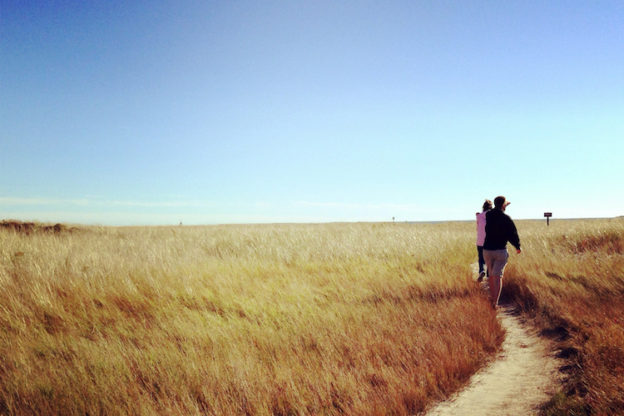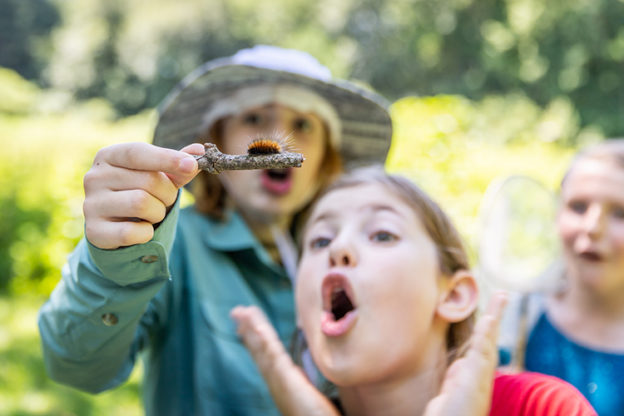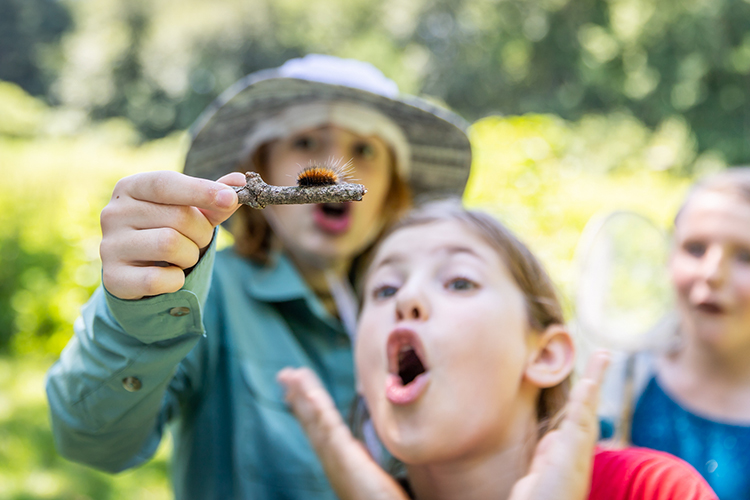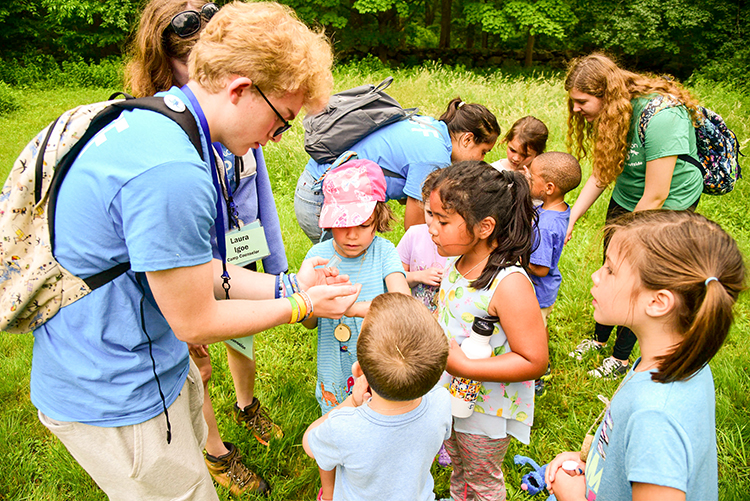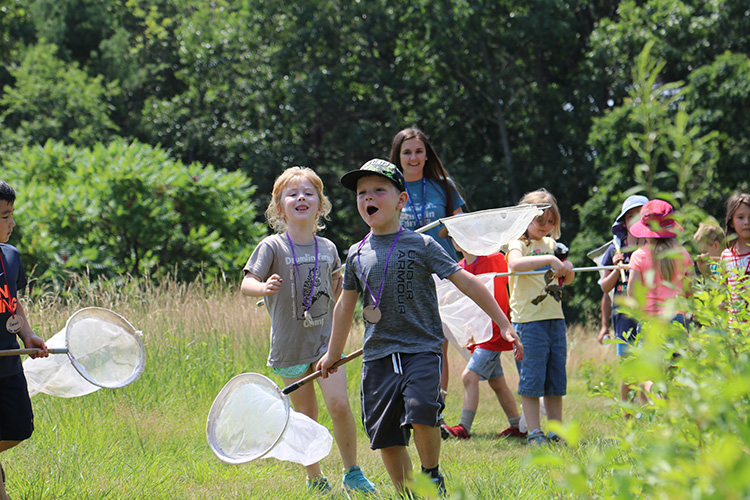While some college kids will be heading to the beach during Spring Break, Mass Audubon has teamed up with UMass Boston to offer its conservation-minded students another option.
During the first-ever Alternative Spring Break for Aspiring Environmental Leaders, an idea hatched by TerraCorps member Sam Kefferstan, six students will spend six days getting a “crash course” in Mass Audubon, including our work in conservation science and research, advocacy and community engagement, and education.
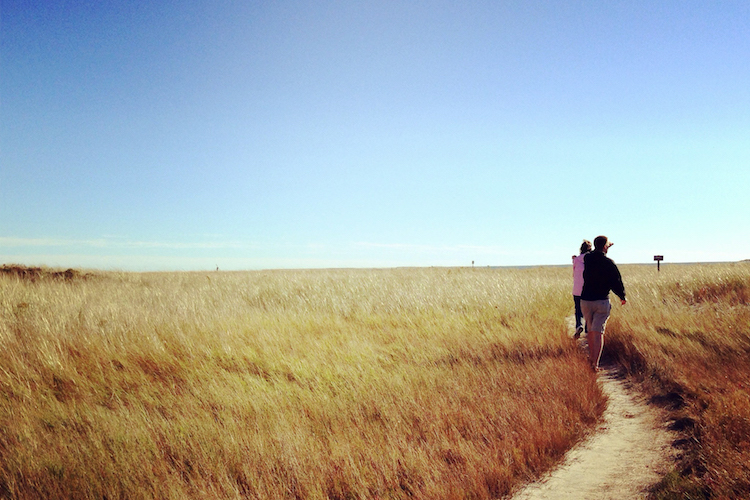
UMass Boston Connection
UMass Boston’s student population reflects the remarkable diversity of its Boston surrounds, with 57% of the student body being students of color and 56% first generation college students. As part of our commitment to becoming more inclusive and equitable, Mass Audubon partnered with UMass Boston to develop the Environmental Career Pathways Program. As part of this program, Mass Audubon will recruit students to employ in a variety of internships, work-study placements, and summer jobs.
The Alternative Spring Break is just another option to give students exposure to the environmental field through hands-on programming where they will actively participate in on-going conservation projects. This program will also provide professional development and networking to students who may not be able to take summer conservation internships due to financial barriers.
The Itinerary
First up is Nantucket where students will conduct deer density monitoring research at Sesachacha Heathlands Wildlife Sanctuary and water quality monitoring at UMass Boston’s field station.
Following the time on Nantucket the group will head to Drumlin Farm and Mass Audubon’s Headquarters in Lincoln, where students will meet with Mass Audubon’s leadership to determine where their skillset and passions could best be utilized.
Last stop is Wildwood, Mass Audubon’s overnight camp in Rindge, New Hampshire. Here, the students will participate in a Leave No Trace trainer course, in which they’ll learn how to enjoy shared natural spaces while preserving their integrity for future generations as well. The course will conclude with a winter hike up nearby Mount Monadnock where students can put their new skills into action.
The Payoff
Sam’s hope (as well as Mass Audubon’s) is that the students who participate in the Alternative Spring Break will come out of this program as more confident, experienced, and qualified job candidates, leaving them better prepared for future careers in conservation.


